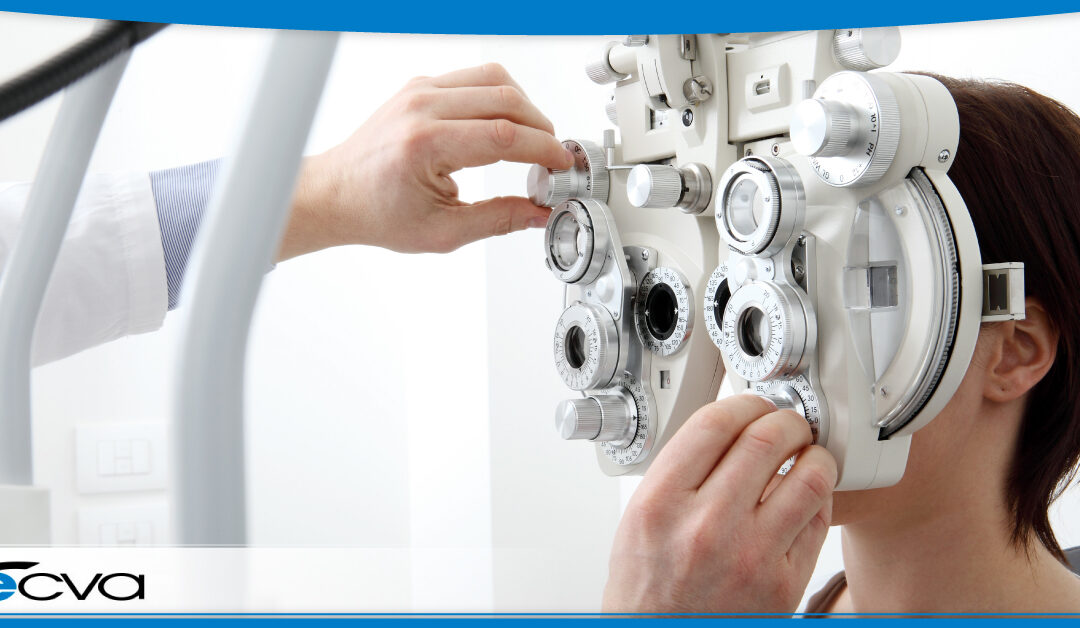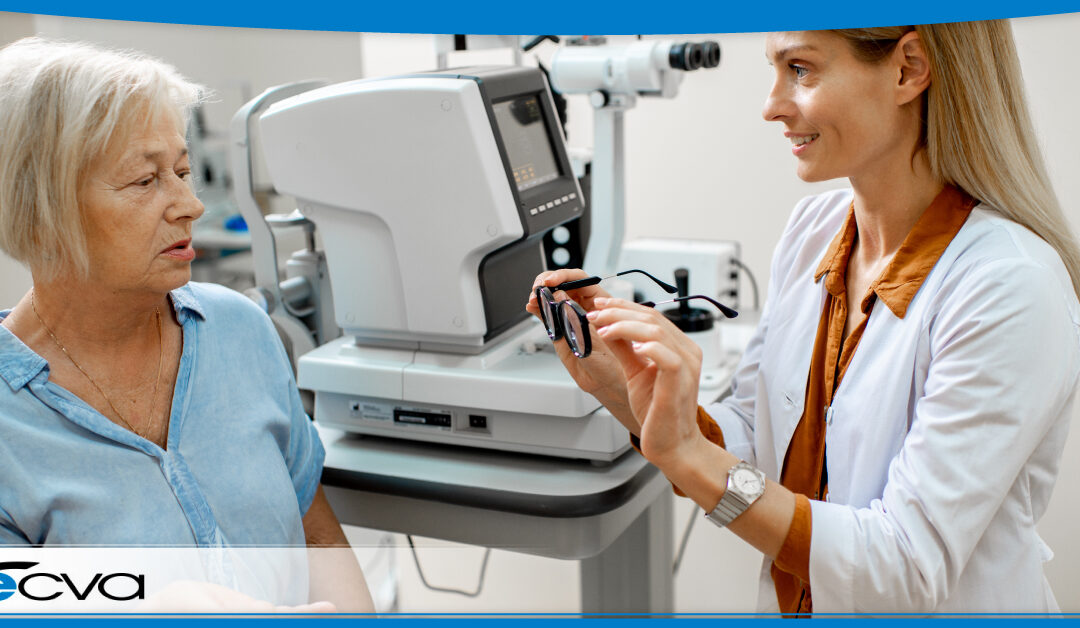
by ecvaeyeadminz | May 31, 2023 | Cataracts
Half of Americans aged 80 or older have cataracts or had surgery to remove them. Cataract surgery is one of the most common medical procedures in the United States. Cataract surgery is the only corrective treatment for this condition, effective in 97% of cases for...

by ecvaeyeadminz | May 25, 2023 | Eye Health
When you’re looking for a new eye care provider, you may notice that eye care providers can have several different titles. If you don’t know the differences, choosing an optometrist, optician, or ophthalmologist may seem like a challenge. Fortunately, how they stand...

by ecvaeyeadminz | May 11, 2023 | Cataracts
The idea of a simple home treatment is incredibly appealing to patients with cataracts. As a result, many people look for information about cataract eye drops, hoping that there’s a product available that can clear cataracts away. While new treatments are always in...




